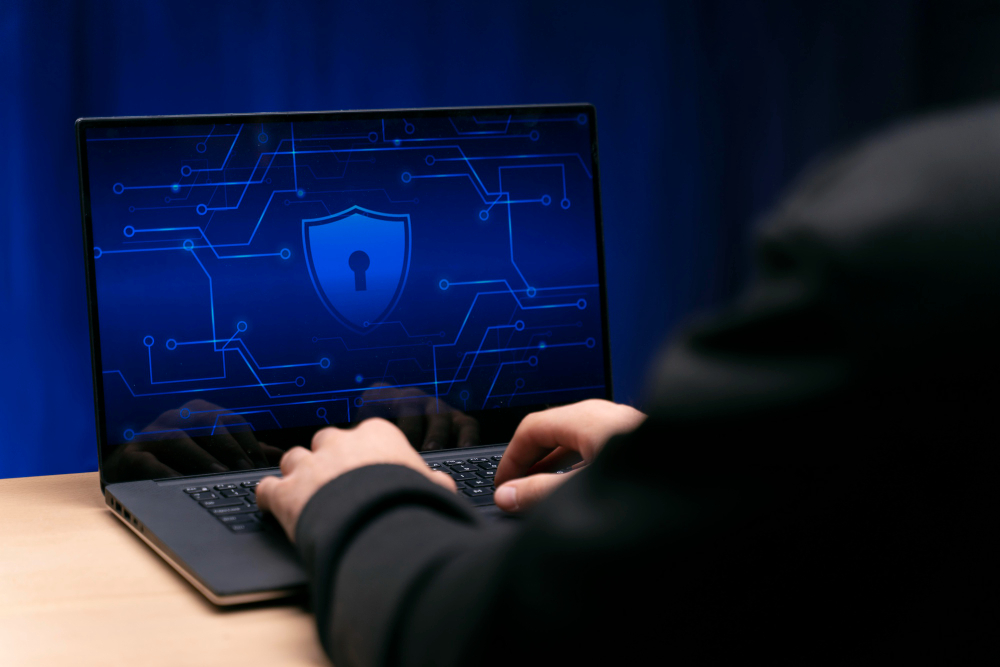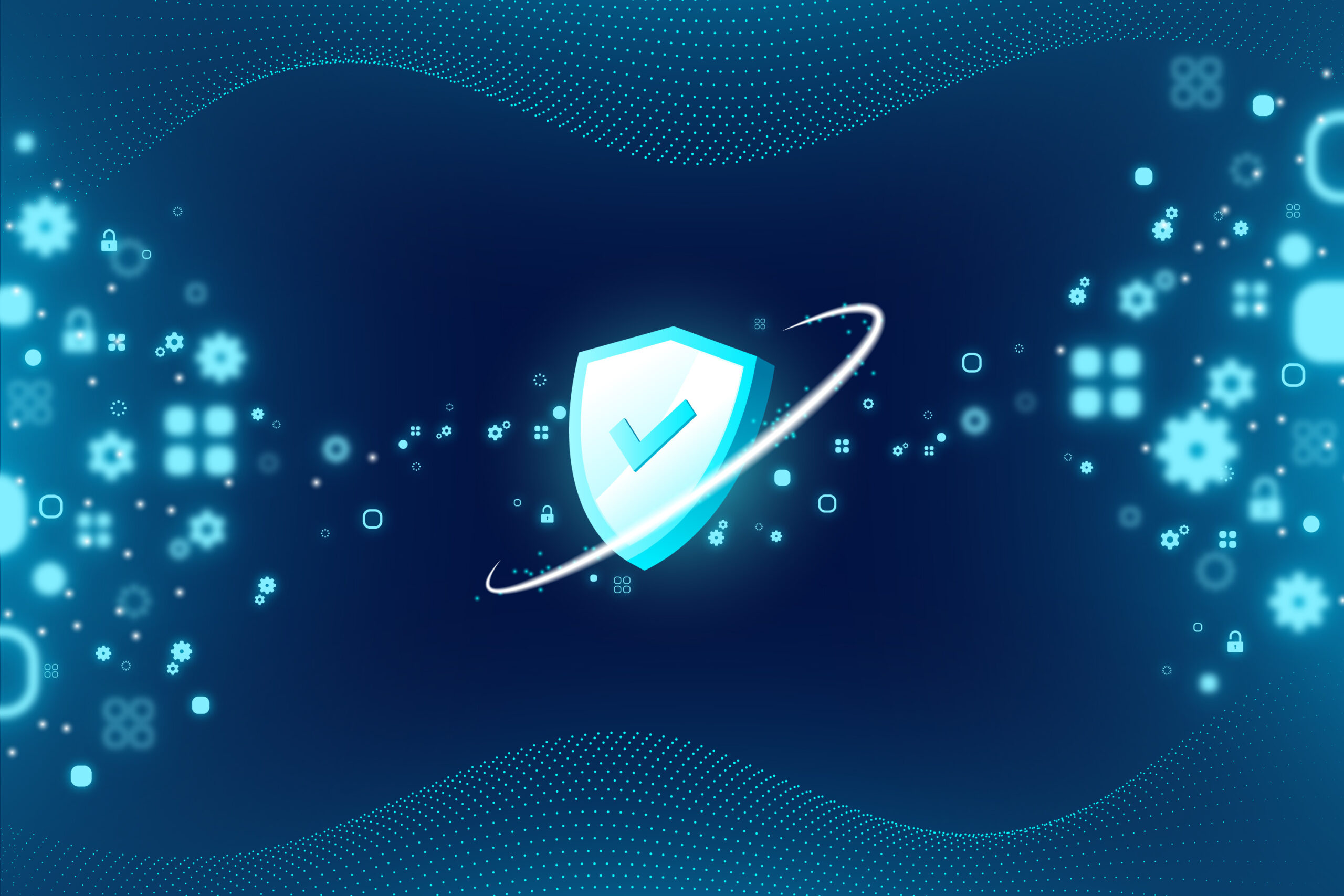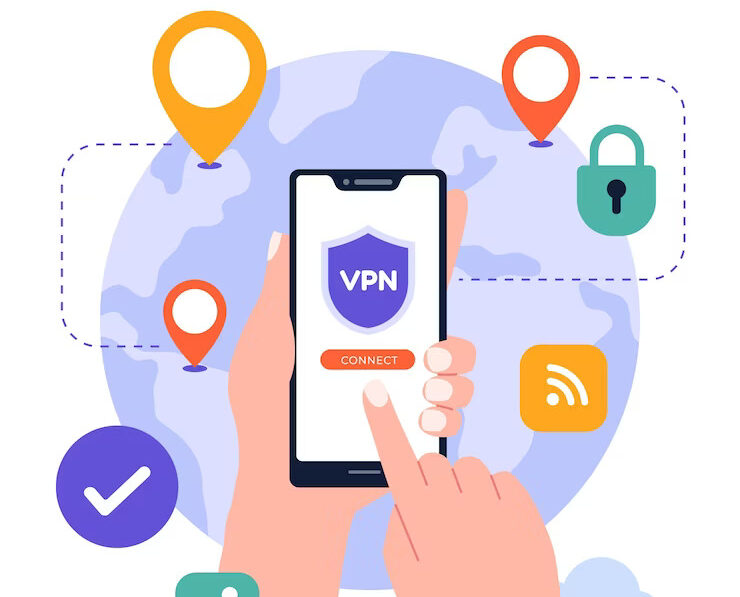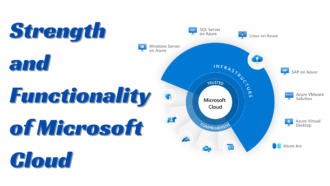Is Streaming with a VPN Legal?
The legality of streaming with a VPN is an essential topic in the streaming world because many popular streaming services are restricted in many nations. Virtual private networks (VPNs) are frequently used while streaming to access geo-restricted content, raising the intriguing question of whether using a VPN when streaming is appropriate.
The response is not a straightforward yes or no, but fortunately for you, this article contains all the information you require. We’ll discuss how copyright regulations impact streaming and why some nations prohibit content from particular streaming services. We’ll also offer advice on how to stream lawfully and safely.
What Is a VPN?
A virtual private network (VPN) is a technology for users who want to establish a safe online connection to another network. With VPNs, sensitive information can be protected, and restricted sites and services can be accessed. This information is provided to provide relevant information to the reader.
In addition to offering data security, VPNs can be used to stream content online. By connecting to a server somewhere else, users can access different content libraries from popular streaming services like Netflix and Amazon Prime Video. Many use this feature to bypass regional content restrictions or access exclusive content such as sporting events or live concerts unavailable in their area. Depending on the user’s location and the usage policies of the VPN service they are using, this type of streaming may or may not be lawful.
Is Streaming With a VPN Legal?
Opinions about streaming with a VPN vary drastically. The legality of streaming with a VPN will likely depend on the user’s location, as various countries have different laws and regulations surrounding streaming.
Streaming content with a VPN may be legal. Some nations, including Canada and the UK, allow users to view content online using a VPN. However, using a VPN to stream video can be against the law in other nations. In China or Russia, users cannot access certain websites without a VPN. Any attempts to access those websites without a VPN may result in fines.
In addition to local laws and regulations, users should also consider the potential consequences of breaking copyright restrictions when using a VPN to stream content online. Copyright infringement may simply result in damages in some situations, but depending on the case’s specifics, it may also result in criminal penalties.
How to Choose the Right VPN for Streaming?
Most people know the different ways a VPN can protect their data, but many are unsure how to choose a VPN service for streaming. Some might offer excellent security features, while others may guarantee fast connection speeds.
When it comes to streaming with a VPN, there are three key things to consider:
Security Protocols
Ensure your VPN provider uses robust encryption protocols. This will ensure your data is well protected when you’re streaming online.
Speed
If you’re streaming movies or shows online, you’ll need a fast connection speed to enjoy them in HD quality without any buffering issues. It is important to choose the fastest VPN Service for streaming that offers unlimited bandwidth so your connection won’t be throttled during peak times.
Number of servers
Having access to multiple servers means that you can access content from different locations worldwide and quickly circumvent geo-blocking restrictions. A good provider should have multiple servers in numerous countries so that you can watch what you want.
Pros and Cons of Using a VPN for Streaming
Using a VPN for streaming has pros and cons. It may seem like an easy solution if you want to circumvent regional bans or access content that is unavailable in your region, but there are also some drawbacks.
Pros
- The main advantage of using a streaming VPN is that you can access geo-restricted content.
- It also improves your security and anonymity while surfing the web.
- There’s no risk of getting caught for accessing illegal content since your IP address is hidden.
- You can bypass censorship imposed by governments or ISPs (Internet Service Providers) in some countries.
Cons
- The disadvantage of using a VPN while streaming is that it may reduce the speed of your connection.
- This may be particularly true if you’re connecting to a remote server, depending on the service provider’s caliber.
- Depending on the quality of the service provider, this can be especially true if you’re connected to a distant server.
- Certain services may ban users who are connecting via VPNs out of respect for their user agreements and copyright laws.
- It’s important to research whether a particular country or region has laws against using VPNs, as they are not always legal everywhere.
Does Streaming With a VPN Slow Down Your Connection?
When you use a VPN, your connection is given an additional layer of security and anonymity. However, this additional layer of security may come at a cost. When you connect to the Internet with a VPN, your data passes through multiple servers before reaching its destination, thus creating additional latency. Your data must travel between servers if you are streaming from one on the other side of the globe.
Not all VPNs will slow down your connection. It all depends on several factors:
- How close are you to the server
- The number of hops between your device and the server
- The amount of traffic on the server
- The quality of encryption used by the VPN provider
Many high-speed VPN providers claim to have minimal latency and quick connection times. If speed is essential for streaming with a VPN, make sure you do your research and find one that lives up to its claims.
Final Thoughts on Streaming With a VPN
It’s vital to remember that to watch copyrighted content with a VPN legally, you must receive consent from the copyright holder. Using a VPN to stream your favorite movies, TV episodes, and music is a terrific way to stay safe and secure. Streaming with a VPN can be a simple and practical solution to protect yourself while streaming your favorite entertainment, provided you have authorization to do so.
The terms of use of the platform or service you are using will determine whether or not streaming with a VPN is lawful. It is always best to check with the platform or service before using a VPN for streaming activities. When choosing a VPN for streaming, ensure that it has the speed, security features, and privacy protocols that you need, depending on the type of content you want to stream.
Streaming with a VPN is not necessarily illegal. It can be a helpful tool for accessing geo-restricted content and protecting privacy. However, it is crucial to consider both the terms of service of the streaming service you use and the laws of the nations you are streaming in. It’s also a good idea to use a reputable VPN service that provides consistent and fast connection speeds. Doing so can help ensure that your streaming experience is hassle-free.



















